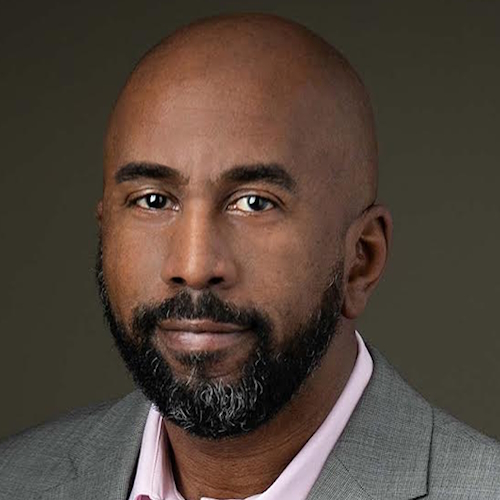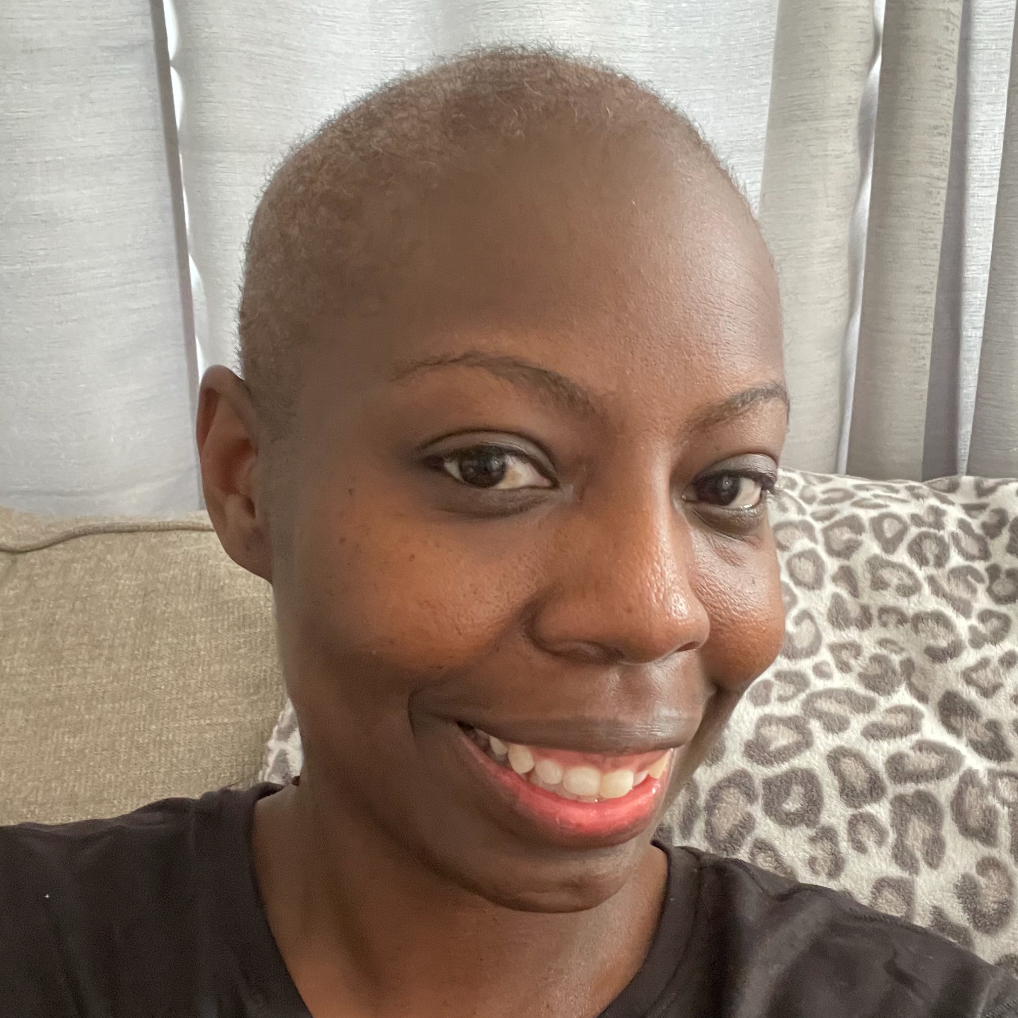Bone Marrow Transplant
Bone marrow transplant cancer treatment, or BMT, is sometimes used in blood cancers like leukemia, lymphoma (Hodgkin and non-Hodgkin), and multiple myeloma.
Among BMT, there are allogeneic stem cell transplants, autologous stem cell transplants, and allogeneic umbilical cord blood transplants.
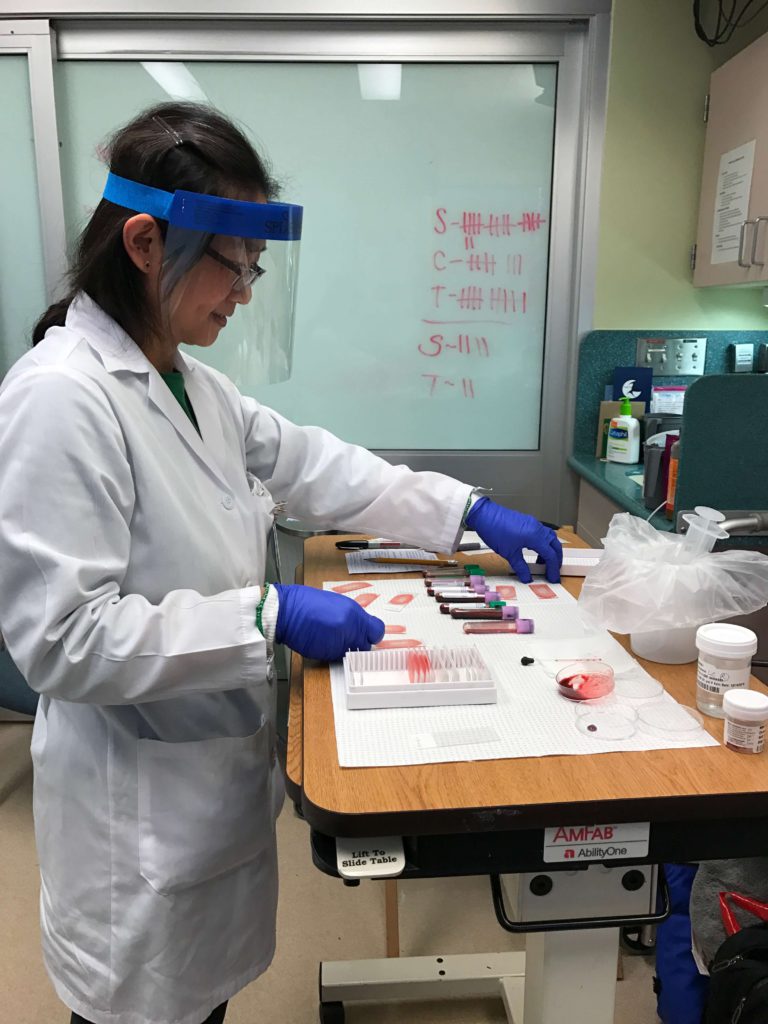
What Is bone marrow transplant?
Autologous bone marrow transplants, also called auto bone marrow transplants, involve a bone marrow transplant using your own marrow, placing it in storage, and then restoring the marrow back into the patient.
Also called “allo” bone marrow transplant, the allogeneic bone marrow transplant uses bone marrow from a donor, collects their marrow, and then transplants those cells into the cancer patient.
Allogeneic umbilical cord blood transplants, also called cord blood transplants, don’t need a perfect match since the cord blood cells are immature in comparison to those of adult donors — so there is a lower chance of rejection of the cells.
Dr. David Miklos, Chief of Transplant at Stanford Medical Center, shares some of his experience treating with BMT and about the importance of getting bone marrow transplant cancer treatment.

Some of your patients may have had an allogeneic transplant which is truly the immune therapy of some else’s immune system.
Maybe it’s a brother or sister or HLA-identical donor whose blood destroys the white cells, red cells, and regrows and reconstitutes the normal blood system.
In the process of getting rid of the patient’s blood system, it gets rid of the white cells, the lymphocytes, the b-cells, and the mantle cell lymphoma.
The allogeneic transplant is an immune therapy. I am an allogeneic transplanter and will talk about the major side effect of allogeneic transplant which is graft-versus-host disease (GVHD).
Is bone marrow transplant painful?
If an oncologist or other healthcare provider has recommended, BMT for you or a loved one, you may wonder about what to expect after bone marrow transplant.
Bone marrow transplant patient experiences
Here’s what some cancer patients have to share about their personal experiences with BMTs.
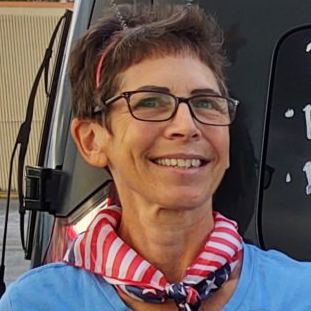
It was basically like a blood transfusion. They attached the bag of good stuff to my Hickman port and infused it into me. I didn’t feel a thing.
My mom, my brother and my sister-in-law, and my aunt were all there to support me. The nurses come in to infuse me. It basically looks like a blood transfusion. It’s a blood bag they hang on a hook and then connected it to my Hickman port underneath my shirt.
So we’re sitting there watching this red stuff going down the line, then it gets underneath the shirt, and me being the silly person that I am, I just started going, “Pbltttt!”
My brother cracked up. He knew I was joking. My mother and the nurse were gasping. But I couldn’t keep a straight face and I started laughing! My mother threatened to kill me. That’s my mom and me. She has a sense of humor.
Overall, it took them maybe half an hour. It felt like nothing. I had no sensation whatsoever from this infusion.
Shari B. (Mantle Cell Lymphoma, Stage 4, Non-Hodgkin’s Lymphoma)

The collection is pretty cool. When they take your blood out, you’re sitting in this room for like four hours.
There’s a big metal rod for one arm, and it’s taking blood, so you can’t use that arm.
Then, in your other arm, it’s putting the blood back in, but it spins out all the cells it needs before giving the blood back to you.
Tylere P. (Hodgkin’s Lymphoma, Stage 3, Relapse)
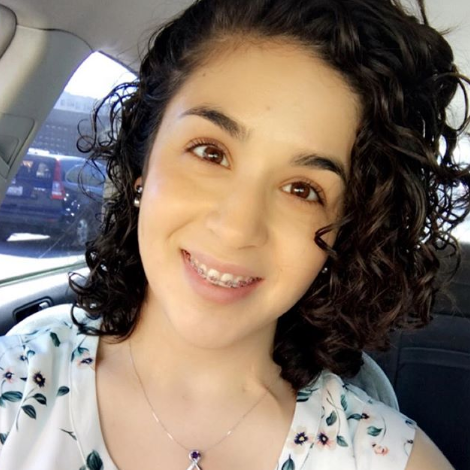
A bone marrow transplant was my real chance at a cure.
After completing IGEV, I was sent to the bone marrow transplant team where I received cyclophosphamide chemotherapy prior to stem cell collection.
Because I had received so much chemotherapy, stem cell collection took very long. I was only able to collect 2.7 million over a week. Typically people take two days to collect that amount.
I had to have Mozobil, which is an injection to stimulate your bone marrow to produce stem cells, every night before I went in for collections. These injections cause severe bone pain.
Fabioloa L. (Hodgkins’s Lymphoma, Stage 2BX (Bulky Disease), Relapse)
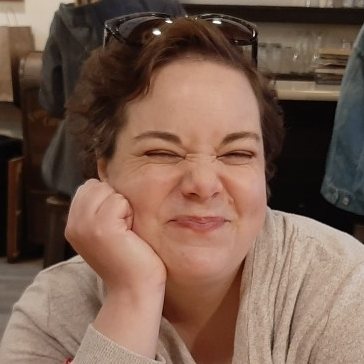
It seems like any other blood donation. You’re getting a bag of plasma, it’s yellow.
You know how far it’s come from because if it has a preservative in it, it smells a little bit like chicken soup. So you can smell down the hallway when someone’s getting a transplant if it’s from Germany or comes from farther away, and had to be couriered over in a slower process. Mine was fresh, so I didn’t have any of those smells.
Mary Clare (Leukemia, Acute Myeloid Leukemia [AML], Relapse)
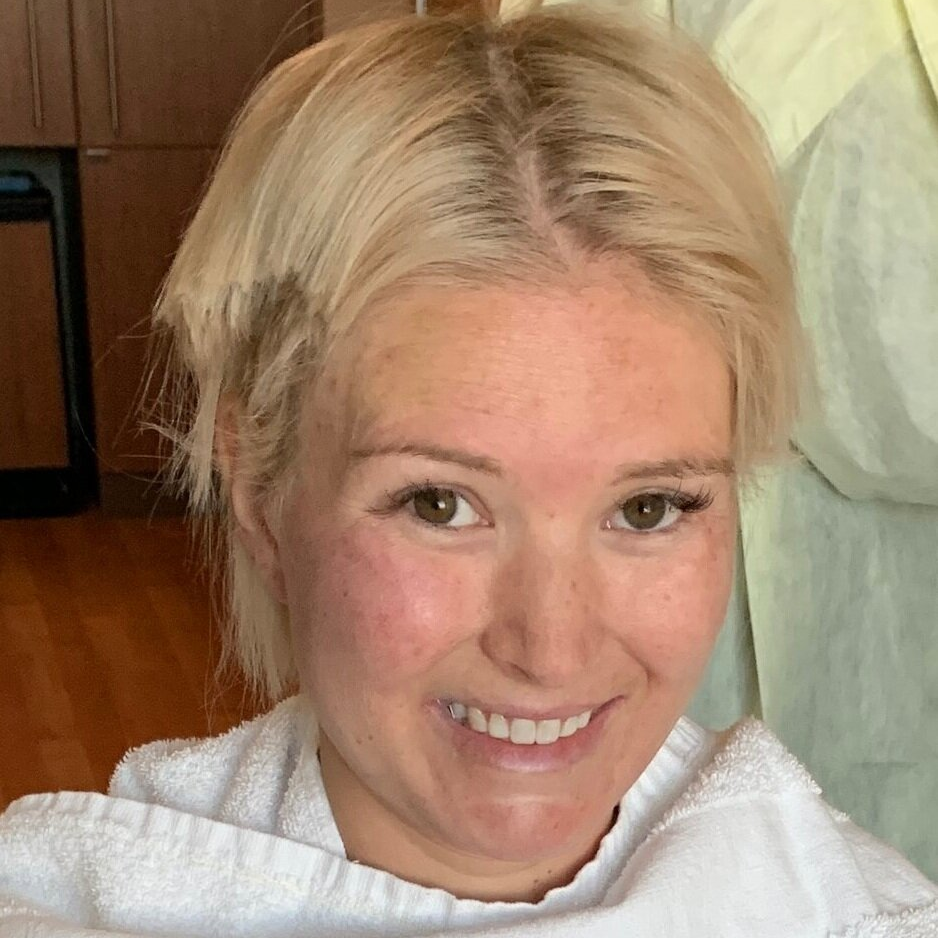
The transplant is similar to a bag of blood. The cells are in the bag almost like platelets.
Because things could escalate so quickly, though, your nurse is in your room with you all day. They’re checking your temperature, blood pressure, and everything every 15 minutes to make sure nothing is changing.
Because things could escalate so quickly, though, your nurse is in your room with you all day. They’re checking your temperature, blood pressure, and everything every 15 minutes to make sure nothing is changing.
Nicole T.. (Leukemia, Acute Myeloid Leukemia [AML], Myelodysplastic Syndromes [MDS])
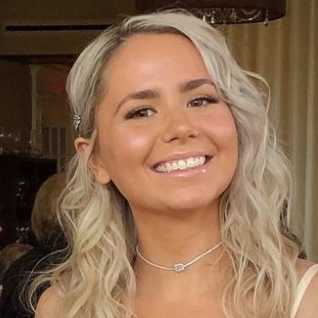
The transplant was kind of anti-climactic. They put a port in my chest. I got it just like a regular blood transfusion. It really was uneventful. It was exciting and we filmed it because I was happy about it, of course, but the event wasn’t a big deal.
Hayley A. (Leukemia, Acute Myeloid Leukemia [AML], Acute Monocytic Leukemia, AML M5)
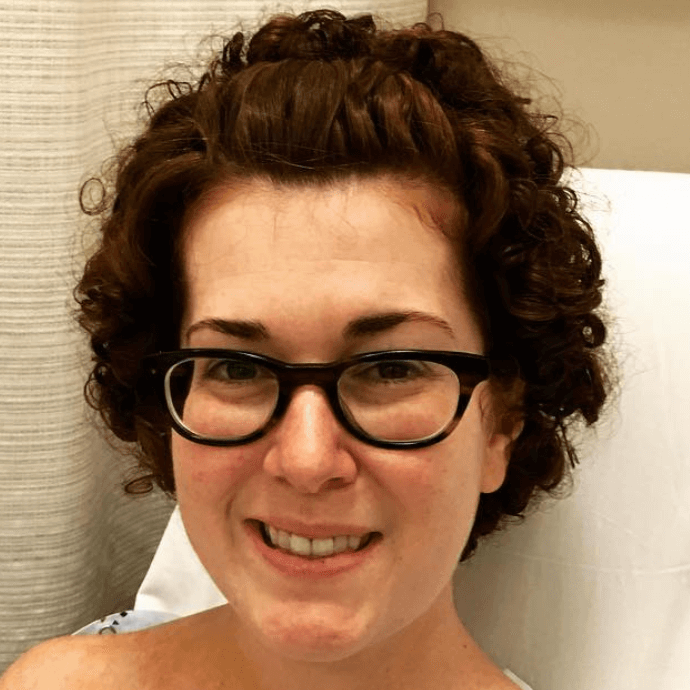
It was harder than I thought it was going to be because of the fatigue, but the transplant itself was pretty uneventful. It looks like a blood transfusion.
It was a really hard recovery just because I don’t think I’ve ever been that tired before. I couldn’t pick up a spoon because I was so tired. I was not expecting that to be so exhausting, but around three weeks my counts picked up a little. At that point, I was starting to feel a little better. On day 58, I got to go back home.
Christine M. (Leukemia, Acute Lymphoblastic Leukemia [ALL], T-Cell, Relapse)
All bone marrow transplant patient experiences
Taja S., Polycythemia Vera
Symptoms: Chronic fatigue, fainting, stroke-like episodes, elevated hemoglobin, hematocrit, and platelet count
Treatments: Emergency surgery for ruptured cyst & bowel obstruction, chemotherapy, radiation, bone marrow transplant
...
Demetria J., Essential Thrombocythemia (ET) progressing to Myelofibrosis
Symptoms: Extreme fatigue, stomach pain (later identified as due to an enlarged spleen), dizziness, shortness of breath
Treatments: Spleen-shrinking medication, regular blood transfusions, bone marrow transplant
...
Bryon D., Multiple Myeloma
Symptoms: Elevated protein levels in urine and blood, finger bone fracture that refused to heal
Treatments: Chemotherapy, autologous bone marrow transplant
...
Krystal S., IgM kappa Multiple Myeloma, Stage 4
Initial Symptoms: Back and shoulder pain, tachycardia, heart palpitations, shortness of breath, loss of appetite, fatigue, malaise
Treatment: Chemotherapy, bone marrow transplant, CAR T-cell therapy
...
Nolan W., T-Cell/Histiocyte-Rich Large B-Cell Lymphoma (T/HRBCL), Stage 4
Symptoms: Debilitating fatigue, flu-like symptoms without a fever, swollen lymph node under the left arm
Treatments: Chemotherapy (R-EPOCH & RICE), bone marrow transplant
...


